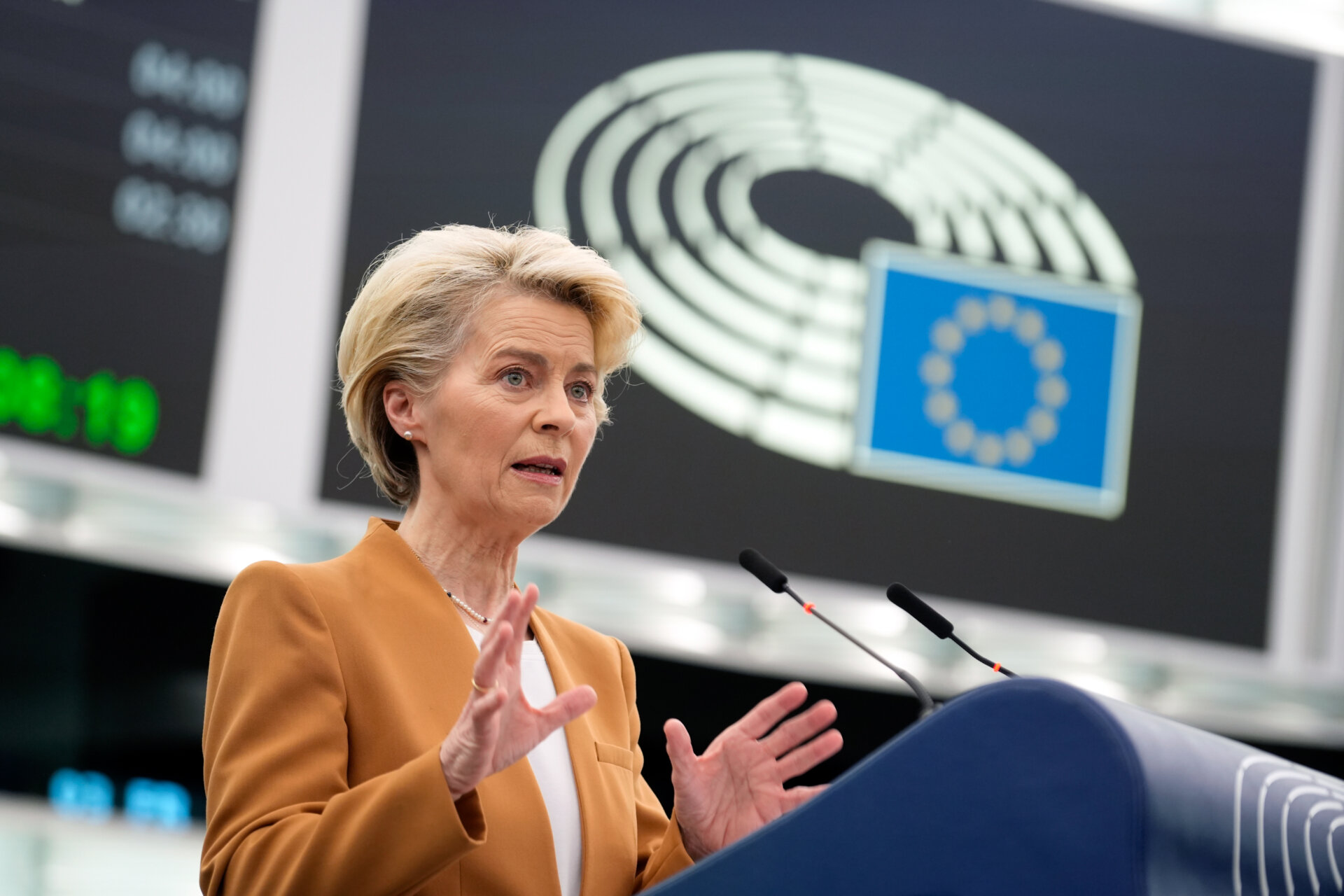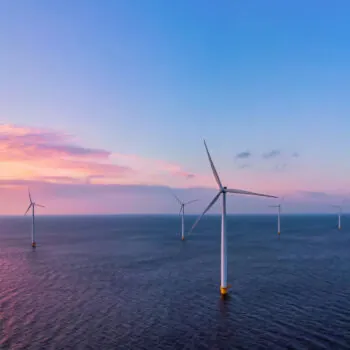Von der Leyen’s Political Guidelines for 2024-2029 confirm that action on climate and energy remains a priority for the EU and will be intrinsically linked with the new competitiveness agenda. Aligning the complex politics of Member States will be essential to ensuring the delivery of this agenda.
Ursula von der Leyen set out a vision for the upcoming term in her Political Guidelines published last week, securing the backing of a majority in the European Parliament. It focuses on implementing the European Green Deal while recognising the need for bold and ambitious action. The Political Guidelines promise a European Prosperity Plan including a new Clean Industrial Deal to support industry in its transition by channelling investments, lowering energy costs, simplifying administrative processes and creating new market opportunities. It reinforces the notion that to stay competitive, the EU must stay the course on climate, build on its unique social model and pursue mutually beneficial partnerships to maintain global relevance. Defence and protection of democratic values also remain high on the political agenda.
The competitiveness agenda drives action on climate and energy
Von der Leyen’s vision makes it clear that in the current European political climate, action on climate and energy must be framed under a competitiveness agenda to convince her constituency. Competitiveness concerns have dominated European politics following several economic shocks in recent years. While Brussels awaits Mario Draghi’s report on the matter, von der Leyen aligns herself with his recent statements that the bloc’s competitiveness aspirations are anchored in its ability to make the twin green and digital transition a success.
Delivering the European Green Deal is now firmly linked to the EU’s ability to boost its industry, leverage new markets, and create high-quality jobs, including through:
- Accelerating the transition away from fossils to lower energy prices for businesses and reduce exposure to shocks. This requires stronger governance for the transition of energy systems, with a focus on strengthening electricity grids and deepening market integration.
- Engaging in genuine industrial policy to boost the EU’s capacity to compete in global markets, including through more pragmatic trade policy, while minimising trade-offs with consumer interests and safeguarding Europe’s social model.
- Reinforcing the EU budget and integrating European capital markets to increase its financial firepower.
- Better leveraging the internal market to support the business case for clean and strategic industries, including through public procurement.
Member State politics are not (yet) lining up with this agenda
With this initial vision set out by the European Commission and endorsed by the European Parliament, Member State politics will be harder to navigate:
- A strengthened bloc of fiscally conservative and EU-sceptic governments in the Council makes overcoming the political deadlock on the EU budget difficult. Unlocking new joint borrowing may be essential for addressing Europe’s growing investment gap.
- Recent action on trade, such as the EU’s announcement to impose countervailing duties on Chinese EV imports, show that Member States remain divided on how to balance assertiveness and openness.
- Undertaking European industrial policy to boost clean industries and compete globally will require additional state involvement and joint action, possibly necessitating elevating key national competencies to the European level. Recent discussions in the Competitiveness Council show that while there is some openness to reassess the current governance setup, Member States remain far from consensus.
Charting a political way forward
Finding political compromise on these topics will require significant political attention, currently scarce as capitals are preoccupied with defence, migration and EU enlargement, among other issues.
A key political moment will be the 2025 Polish presidency. This will kick off a new presidency trio and follows the end of the first 100 days of the new European Commission, during which some of von der Leyen’s major policy initiatives on competitiveness, industry, and climate will be further detailed. The Polish team has a unique opportunity to show leadership by charting a way forward.
Unburdened by the difficult negotiations on the details of individual policy files, likely not commencing before 2026, the Polish presidency could explore organising higher-level political consultations building on the Strategic Agenda agreed by Member States last month. The recently revived Weimar Triangle could be explored as a platform to incubate ideas and facilitate deliberation.


